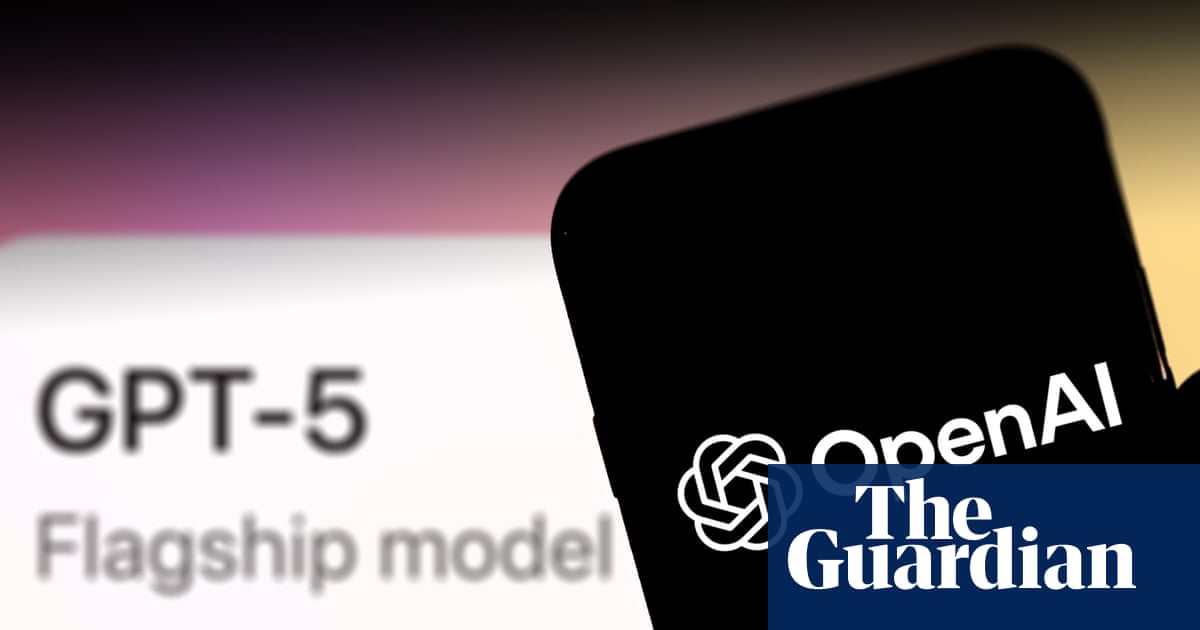
"Linn Vailt, a software developer based in Sweden, knows her ChatGPT companion is not a living, breathing, sentient creature. She understands the large language model operates based on how she interacts with it. Still, the effect it has had on her is remarkable, she said. It's become a regular, reliable part of her life she can vent to her companion or collaborate on creative projects like redecorating her office."
"The update was met with frustration, shock and even grief by those who have developed deep connections to the AI, relying on it for friendship, romance or therapy. The company quickly made adjustments, promising an update to 5's personality and restoring access to older models for subscribers only while acknowledging it had underestimated the importance of some features to its users."
"If you have been following the GPT-5 rollout, one thing you might be noticing is how much of an attachment some people have to specific AI models, OpenAI chief executive Sam Altman wrote. It feels different and stronger than the kinds of attachment people have had to previous kinds of technology (and so suddenly deprecating old models that users depended on in their workflows was a mistake)."
A software developer in Sweden treats ChatGPT as a reliable companion for venting and creative collaboration, noting the model's adaptive speech and personality. OpenAI launched GPT-5 on 7 August and removed access to earlier versions, creating a noticeably different, less warm ChatGPT experience. The change provoked frustration, shock and grief among users who relied on the AI for friendship, romance or therapy. OpenAI responded by promising personality updates to GPT-5 and restoring subscriber access to older models while acknowledging it had underestimated the importance of some features. Prior changes in April reduced flattery and sycophancy.
Read at www.theguardian.com
Unable to calculate read time
Collection
[
|
...
]